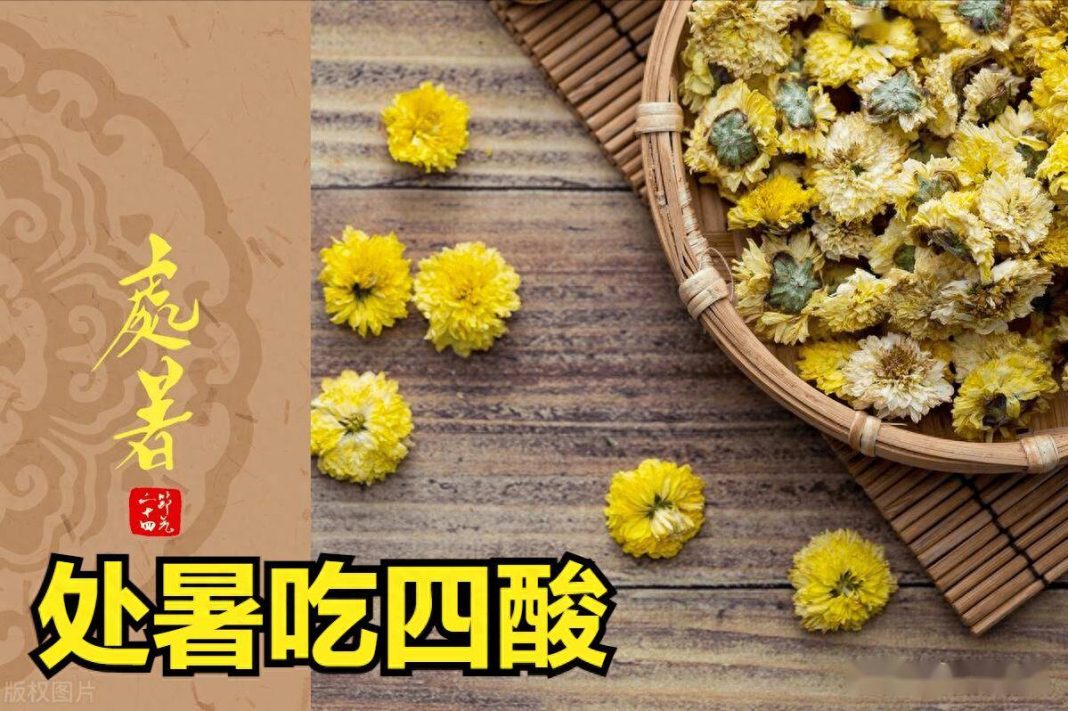#Summer Life Check-in Season#
Chushu, the fourteenth solar term of the twenty-four solar terms, typically occurs on August 22 or 23 each year. “Chu” means hiding or ending, and “Chushu” signifies the end of hot summer days.
Chushu holds significant meaning for people’s lives. In terms of diet, people begin to focus on nourishment and wellness, consuming more sour foods, such as hawthorn, grapes, lemons, etc., to help gather lung qi and moisten dryness. At the same time, one should avoid excessive consumption of raw and cold foods to prevent damaging the spleen and stomach.
Chushu is a transition from heat to coolness, marking the shift from summer to autumn. It reminds us to follow nature and maintain the balance of body and mind. Let us embrace new beginnings and enjoy a wonderful life during the Chushu solar term.
As the saying goes, “People are iron, and food is steel.” During this special solar term, which serves as a transition from summer to autumn, we must pay more attention to our diet to maintain our health. When it comes to eating during Chushu, there is a popular saying about consuming “4 sour” foods, which will be discussed in detail below.
After Chushu, the temperature gradually starts to drop, and the temperature difference between day and night widens. While the daytime may still be hot, the coolness of the night becomes increasingly noticeable. It’s as if nature is sending us a signal: autumn is approaching.
During the Chushu season, the humidity in the air is relatively low, and the weather becomes dry and refreshing. People will feel the air is fresher, and the view is more open. This kind of crisp autumn weather lifts the spirits and is very suitable for outdoor activities.
As the weather gradually cools, we also need to make corresponding adjustments to our diet. Avoid chili peppers and ginger, as chili is hot and can lead to internal heat, exacerbating autumn dryness. During Chushu, the dry climate can easily cause a sense of internal heat in the body, and consuming too much chili at this time is like pouring oil on the flames, potentially resulting in throat pain, dryness of the mouth, and constipation. Therefore, for the sake of our health, let’s temporarily set aside those fiery chili peppers during Chushu!
Although ginger has the effect of dispelling cold and relieving symptoms, it is not suitable for excessive consumption during Chushu. This is because after Chushu, the weather gradually cools and yang energy begins to hide, while the dispersing nature of ginger can deplete the body’s yang energy, which is not beneficial for health. Additionally, consuming too much ginger may irritate the gastrointestinal tract, causing discomfort. Thus, one should also appropriately reduce ginger intake at this time.
Of course, this does not mean that chili and ginger can’t be consumed at all, but rather they should be eaten in moderation based on individual constitution and seasonal characteristics. For those who are prone to internal heat or have sensitive gastrointestinal tracts, caution is especially advised.


